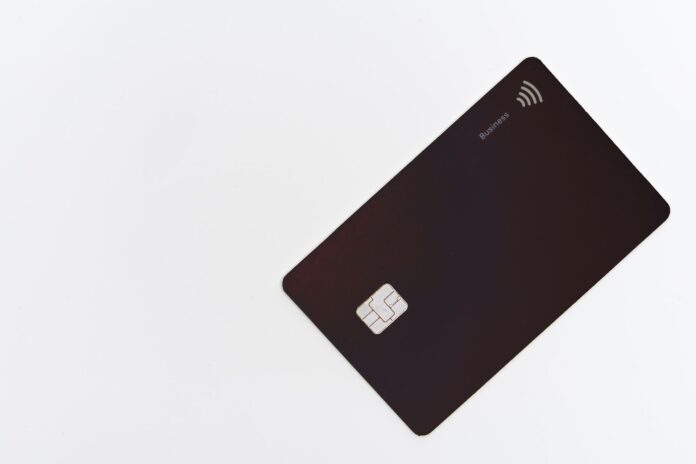OK, so you have a pretty good-sized chunk of credit card debt racked up and you just got a financial windfall in the exact same amount. While you like the idea of having that cash in hand, you’re wondering if maybe you should use it to kill your credit card debt.
In other words, you’re asking; “Should I pay my credit card debt off over time, or right away?”
Well, it depends.
Do You Have an Emergency Fund?
One of the smartest things you can do financially is establish an emergency fund of at least six months of living expenses. This will provide you cover in the event of a job loss or some unexpected financial issue you’d otherwise have to take out a loan to manage.
In other words, having an emergency fund at your disposal could prevent you from going deeper into debt. This money should be in a savings account or another type of interest bearing account you can liquidate quickly, easily and at no cost—should the need arise.
If you have yet to squirrel away for a rainy day, using this windfall for that purpose is smarter than paying off all of your debt at once.
Paying Off Debt and Your Credit Score
Another point to mull over before making that decision is the effect it will have on your credit score. While some people believe you need to carry a balance of some sort to bolster your credit score, the opposite is actually true.
One of the factors against which your creditworthiness is measured is your credit usage. Credit scorers prefer to see your outstanding debt no higher than 30% of your available credit. The farther you go past that mark, the lower your credit score will be.
With that in mind, it behooves you to pay off as much of your debt as possible, as soon as possible. Your credit score will go up when you do so. You can learn more about how this all of this works, as well as some strategies for eliminating debt at Freedom Debt Relief.
Credit Card Minimum Payments Are a Trap
Unlike the rating agencies, credit card issuers don’t care how high your debt goes—after you sign up—as long you don’t exceed the credit limit they placed on the card. This, in fact, is why they ask for such low minimum payments. The more credit card debt you incur and longer you take to pay it off, the more money the issuer will make charging interest on your debt.
As benevolent as they might sound when they only ask for a $30 payment on a $1000 balance, their goal is to make it take as long as legally possible to pay off that obligation. So, yes in that case, it makes more sense to pay the debt off in full—assuming you have an emergency fund established.
Investing vs Paying Off Debt
But “Wait,” you say, “Won’t I be better off investing that money than paying off debt?” Yes, investing for future needs absolutely makes sense. Moreover, you’ll gain an average of around 10% annually investing in the stock market—assuming all goes well.
However, the average credit card annual percentage rate is 19%.
This means you’re actually losing money each year you carry that credit card balance, even if you’re invested in the market. Here’s one more thing to ponder in that regard. There are no guarantees with the stock market. Meanwhile, that credit card interest will definitely go away if you pay off the card balances. In a way, you’ll actually make money paying off the cards.
Long story short, once you have an emergency fund in place, you should pay off credit card debt as quickly as your finances will enable you to do so.





























